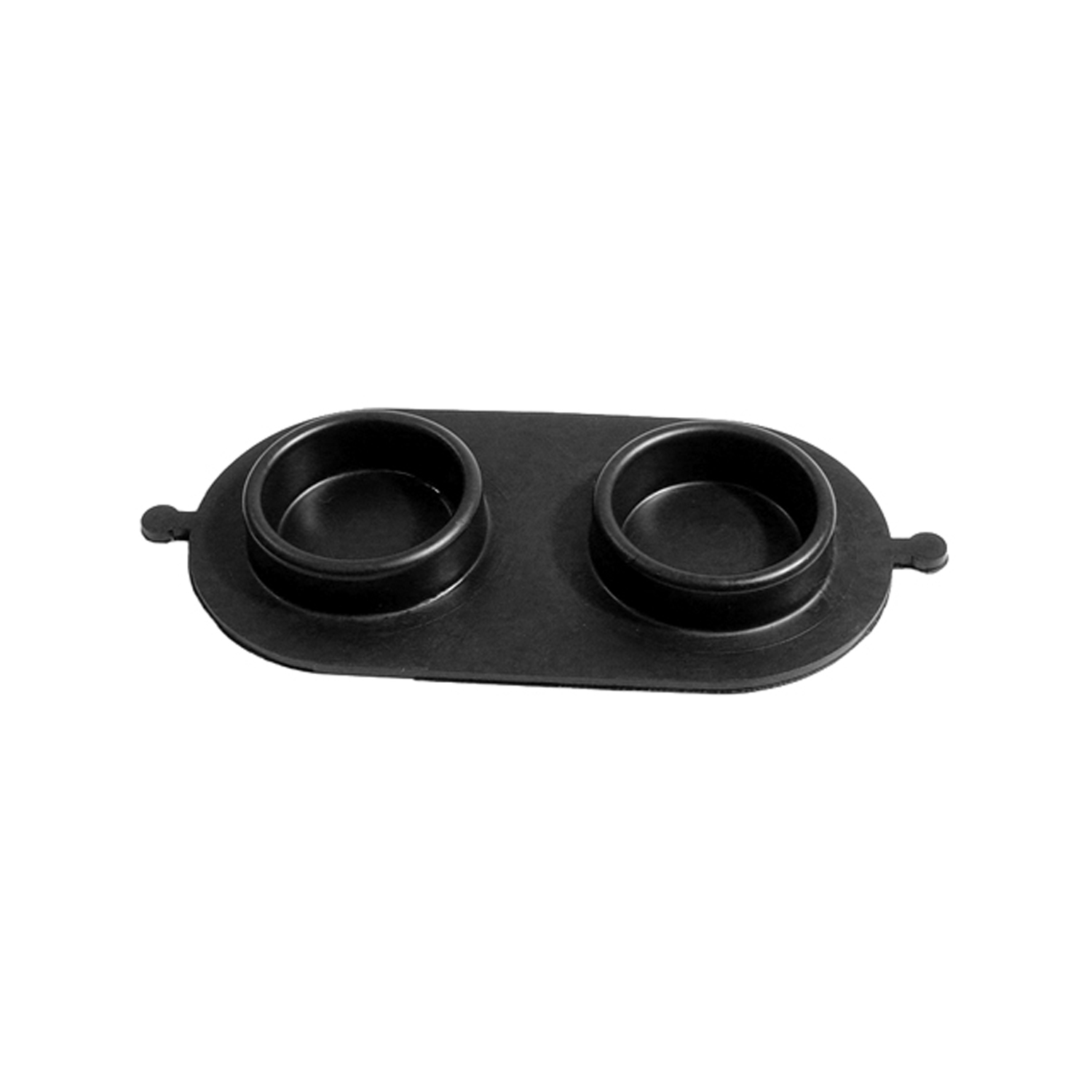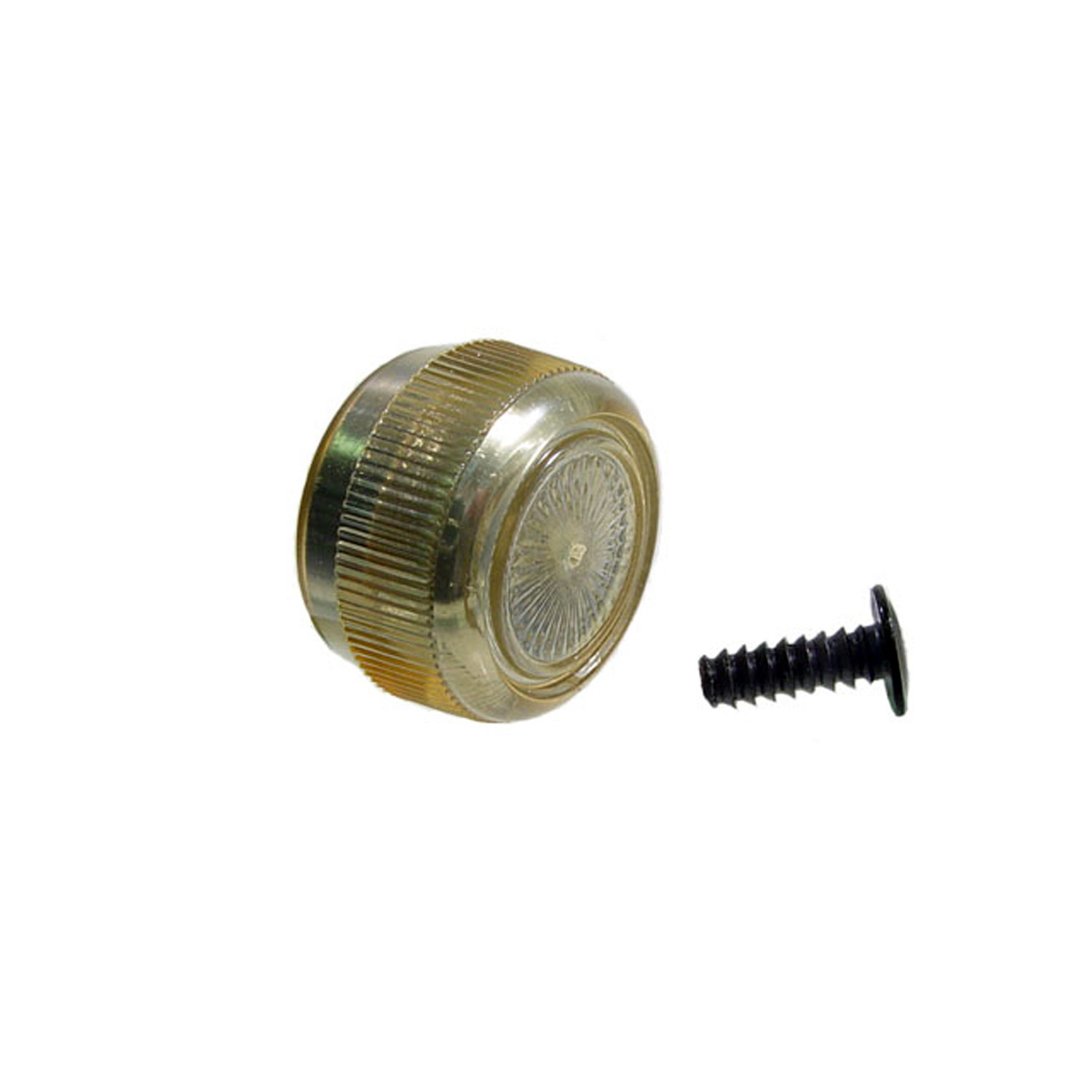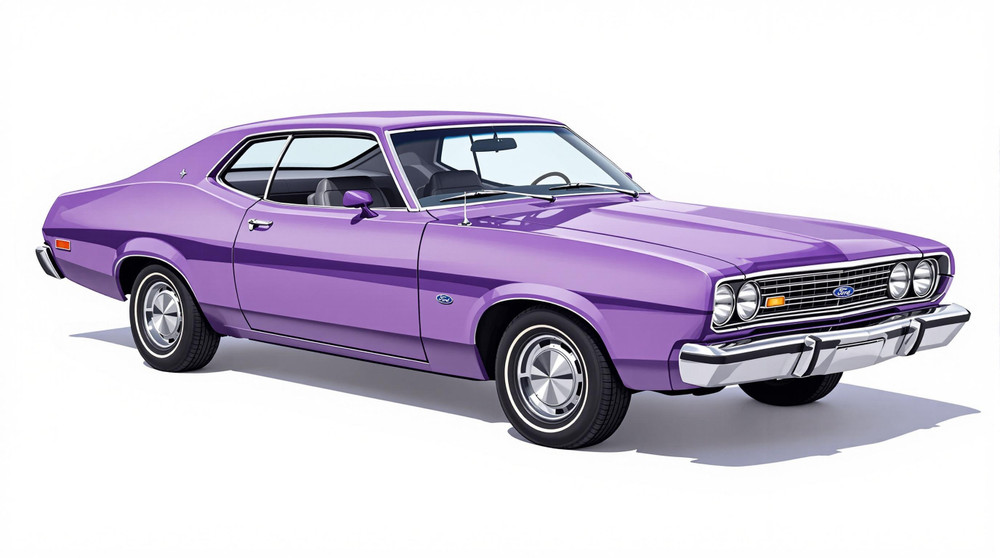Image of 1974 Ford Pinto, Note: These illustrations use artistic license and may differ from actual historical models.
Performance Metrics
Fundamental Metrics
Emotional Appeal
MMP Rating
| Engine Specifications | |
|---|---|
| Engine Options: | 2.3L I4, 2.8L V6 |
| Displacement Range: | 140-171 cu in. |
| Horsepower Range: | 88-105 hp |
| Torque: | 118-145 lb-ft |
| Compression Ratio: | 8.2:1 (I4), 8.7:1 (V6) |
| Ignition System: | Electronic |
| Cooling System: | Liquid-cooled |
| Performance Specifications | |
| 0-60 Time: | 11-13 seconds |
| 1/4 Mile Time: | 18-20 seconds |
| Top Speed: | 100 mph |
| Transmission and Drive | |
| Drive Type: | RWD |
| Transmission Type: | 4-speed manual, 3-speed automatic |
| Fuel and Efficiency | |
| Fuel System Type: | Carburetor |
| MPG: | 20-25 mpg |
| Dimensions and Brakes | |
| Brakes: | Front disc, rear drum |
| Wheelbase: | 94.2 in. |
| Weight: | 2,015-2,270 lbs |
Note: Specifications for classic cars are given to the best of our ability, considering the limited and variant data available.
1974 Ford Pinto: A Controversial Classic
The 1974 Ford Pinto stirs a mix of nostalgia and debate among classic car enthusiasts. Born from the competitive pressures of the 1970s fuel crisis, this subcompact car made by Ford Motor Company was designed to be lightweight, economical, and accessible. Despite its infamous safety controversy, the Pinto holds a unique place in automotive history, particularly for being one of the first American cars to truly embrace the subcompact concept in response to rising gas prices and the influx of small foreign cars.
One notable moment in the Pinto's history is its association with the debate over automotive safety standards during the 1970s, which led to significant changes in industry regulations and consumer expectations.
Design and Innovation
The exterior of the 1974 Ford Pinto was marked by its utilitarian yet somewhat cheerful design. With a long hood, short rear deck, and simple lines, it presented an aesthetic that was both functional and approachable. Inside, the Pinto's cabin was basic but comfortable for its class, with vinyl seats and a simple dashboard layout that prioritized straightforward functionality over luxury.
Technological features were modest, as this was a car built for economy. However, it did offer some amenities that were innovative for an entry-level model at the time. Color options ranged from vibrant poppy red to a more subdued sauterne gold, with brighter colors often being popular choices among consumers looking to stand out.
The Pinto came in various body styles including a two-door sedan, a three-door hatchback, and a two-door station wagon. The hatchback version became particularly iconic for its practicality and distinctive look.
Historical Significance
The Ford Pinto's impact on automotive design was less about groundbreaking technology and more about its role in shifting American car manufacturing towards smaller vehicles. It set a precedent for U.S. automakers to consider fuel efficiency and compact design in their lineups.
What truly set the Pinto apart from its contemporaries was its unfortunate involvement in safety controversies which led to widespread media attention and a landmark legal case. This notoriety inadvertently spurred advancements in automotive safety protocols and consumer advocacy.
Performance and Handling
The 1974 Ford Pinto's performance was modest by today's standards but adequate for its era. With engines ranging from a 2.3-liter four-cylinder to a 2.8-liter V6 option, top speeds were generally around 100 mph with acceleration from 0-60 mph taking around 10 seconds.
In terms of handling, drivers could expect a relatively smooth ride on well-paved roads with some challenges over rougher surfaces due to the basic suspension setup. The driving experience was straightforward; the engine's hum was unobtrusive, and while it wasn't sporty, it provided reliable transportation.
Ownership Experience
The Pinto was commonly used as an everyday driver due to its affordability and fuel efficiency. Maintenance was relatively easy thanks to its simple mechanical design which made it accessible for average owners to perform repairs.
Fun Facts
Ford Pintos have been featured in various films and TV shows which has helped maintain their pop culture presence. Despite criticisms related to safety concerns, the Pinto has also seen use in drag racing due to its lightweight structure when modified appropriately.
Collector's Information
The current value range for collectors varies widely depending on condition, mileage, and originality. Estimates suggest that several hundred thousand units were produced throughout its production run. As for price trends, well-preserved examples can fetch anywhere from $5,000 to $15,000 or more depending on rarity factors such as special editions or unique histories.
Conclusion
The 1974 Ford Pinto is an emblematic figure of an era marked by changing tides in automotive manufacturing priorities. Its story is one of innovation born out of necessity and lessons learned through controversy. For collectors and enthusiasts alike, the Pinto remains a tangible piece of history that continues to spark conversation and captivate interest decades after rolling off the assembly line.
1974 Ford Pinto Catalog of Parts
 1974 Ford Pinto Brake Master Cylinder Cover Seal. Replaces OEM #C7AZ2167-A-RP 2-BBrake Master Cylinder Cover Seal. Replaces OEM #C7AZ2167-A. Each
1974 Ford Pinto Brake Master Cylinder Cover Seal. Replaces OEM #C7AZ2167-A-RP 2-BBrake Master Cylinder Cover Seal. Replaces OEM #C7AZ2167-A. Each 1974 Ford Pinto Window Crank Handle Knob and Attaching Parts. Clear. Each-RP 400-BWindow Crank Handle Knob and Attaching Parts. Clear. Each
1974 Ford Pinto Window Crank Handle Knob and Attaching Parts. Clear. Each-RP 400-BWindow Crank Handle Knob and Attaching Parts. Clear. EachWhy Choose Metro?
For over 100 years, Metro Moulded Parts has been the pinnacle of quality in classic car restoration parts. Our commitment to precision and authenticity in every component ensures a perfect fit and an OEM-level appearance.
- Expert Craftsmanship & Quality: Each part is a testament to our dedication to reliability and perfection, crafted from original designs and thoroughly tested.
- Advanced Technology: We use cutting-edge techniques to create flawless, long-lasting parts that surpass others in performance.
- SuperSoft Sponge – The Ultimate Door Seal: Not only are our door seals 30% softer than competitors', but they're also guaranteed to never leak. They effectively reduce wind and road noise, enhancing your classic car's comfort and driving experience.
- Proudly American: Our parts are a product of American craftsmanship, made in the USA with a spirit of excellence and heritage.
- Unrivaled Warranty: We back our products with a 30-year industry-leading warranty, a testament to our confidence in their quality.
Join us in preserving the legacy of classic cars with parts that are crafted for perfection, not just made.

